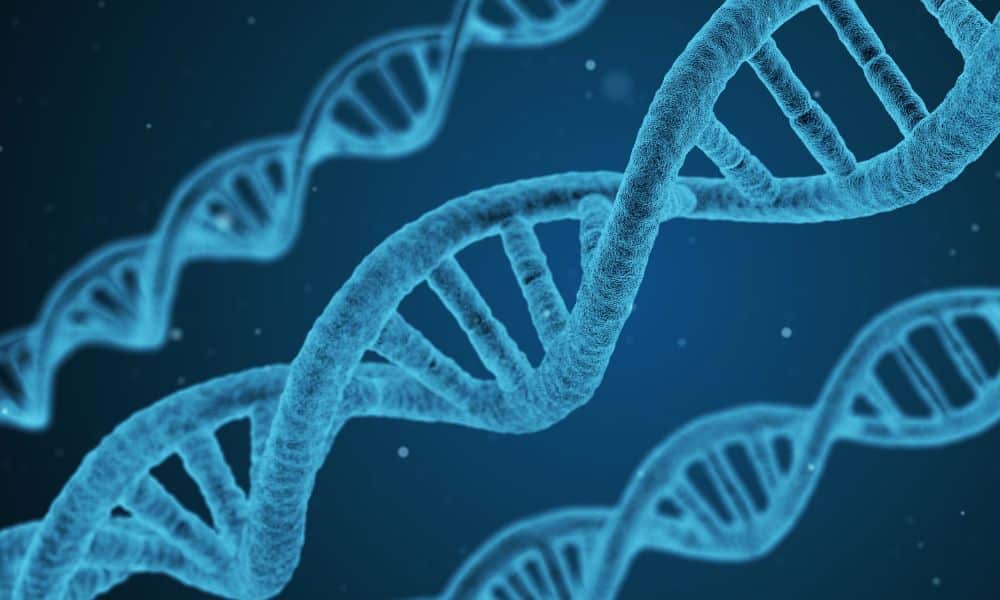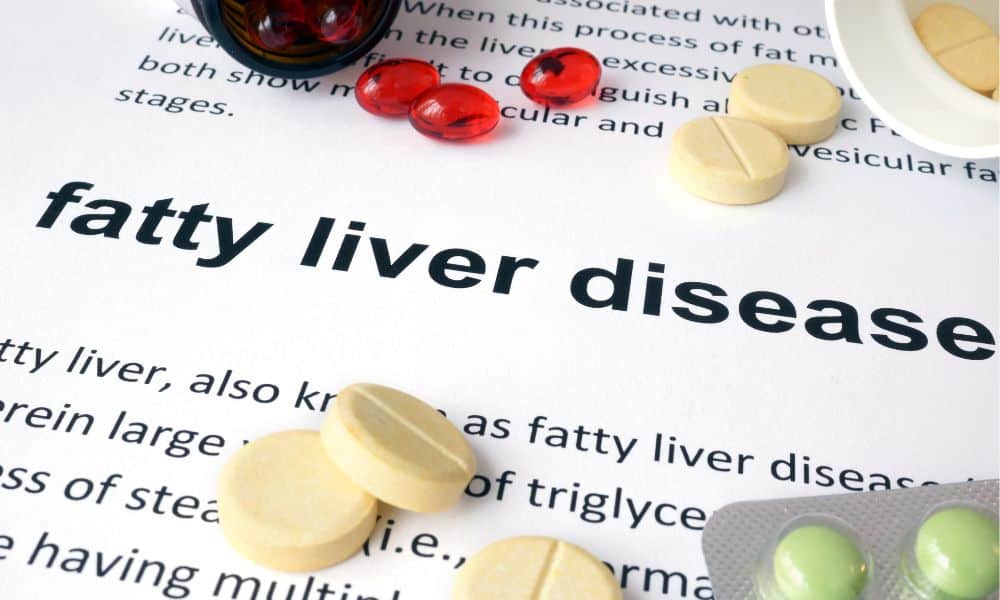Thiamin, also known as vitamin B1, plays a crucial role in energy metabolism and overall health. It helps convert food into energy, supports nerve function, and maintains a healthy cardiovascular system. If you’re feeling fatigued or low on energy, incorporating thiamin into your diet might be a simple and effective solution. In this article, we’ll explore how thiamin can help improve your energy levels and how to use it effectively.
1. Understanding Thiamin’s Role in Energy Production
Thiamin is essential for converting carbohydrates into energy. It acts as a coenzyme in the metabolism of glucose, which is the primary fuel source for your body’s cells.
Key Functions:
- Carbohydrate Metabolism: Thiamin helps in the breakdown of carbohydrates into glucose, which your body uses for energy.
- Nervous System Support: It supports the health of your nervous system, which is crucial for overall vitality and energy levels.
- Cardiovascular Health: Thiamin contributes to a healthy heart by supporting proper cardiac function.
2. Signs of Thiamin Deficiency
A lack of thiamin can lead to symptoms that affect your energy levels and overall health. Recognizing these signs can help you address a potential deficiency before it becomes a more serious issue.
Common Symptoms:
- Fatigue and Weakness: Feeling unusually tired or weak can be a sign of thiamin deficiency.
- Irritability and Mood Swings: Low energy levels can lead to mood changes and irritability.
- Difficulty Concentrating: Deficiency may impair cognitive function and focus.
- Muscle Weakness and Pain: Thiamin deficiency can cause muscle weakness and discomfort.
3. Incorporating Thiamin into Your Diet
To boost your energy levels, include thiamin-rich foods in your diet. Many natural sources are available that can help you meet your daily thiamin needs.
Top Thiamin-Rich Foods:
- Whole Grains: Brown rice, oatmeal, and whole wheat products are excellent sources.
- Legumes: Beans, lentils, and peas provide significant amounts of thiamin.
- Nuts and Seeds: Almonds, sunflower seeds, and flaxseeds are good options.
- Lean Meats: Pork, beef, and chicken contain thiamin and contribute to your overall nutrient intake.
- Fortified Foods: Some cereals and bread products are fortified with thiamin.
4. Thiamin Supplements
If you struggle to get enough thiamin from your diet, supplements can be a convenient option. However, it’s essential to use them correctly to avoid overconsumption and potential side effects.
Key Tips:
- Choose Quality Supplements: Opt for reputable brands and check for third-party testing to ensure quality.
- Follow Recommended Dosages: Adhere to the recommended daily allowance (RDA) for thiamin to avoid excessive intake.
- Consult a Healthcare Provider: Before starting any supplement, consult with a healthcare provider, especially if you have underlying health conditions or are pregnant.
5. Enhancing Thiamin Absorption
Certain factors can affect how well your body absorbs and utilizes thiamin. To maximize its benefits, consider these tips for improving absorption.
Key Tips:
- Avoid Excessive Alcohol: Alcohol can interfere with thiamin absorption and increase the risk of deficiency.
- Combine with Other Nutrients: Consuming thiamin with other B vitamins and minerals, like magnesium, can enhance its effectiveness.
- Cook Foods Properly: Some cooking methods, such as boiling, can reduce thiamin content. Steaming or roasting may preserve more of the nutrient.
6. Maintaining Overall Energy Levels
While thiamin is vital for energy production, a holistic approach to health and wellness will help you maintain optimal energy levels.
Key Tips:
- Balanced Diet: Ensure your diet is rich in a variety of nutrients, including vitamins, minerals, and antioxidants.
- Regular Exercise: Incorporate physical activity into your routine to boost energy and overall vitality.
- Adequate Sleep: Prioritize quality sleep to support your body’s recovery and energy levels.
Conclusion
Thiamin is a crucial nutrient for energy production and overall health. By incorporating thiamin-rich foods into your diet, considering supplements if needed, and adopting a balanced lifestyle, you can improve your energy levels and support your well-being. Remember to consult with a healthcare provider before making significant changes to your diet or supplement regimen. With the right approach, you can harness the benefits of thiamin to boost your energy and enhance your quality of life.




